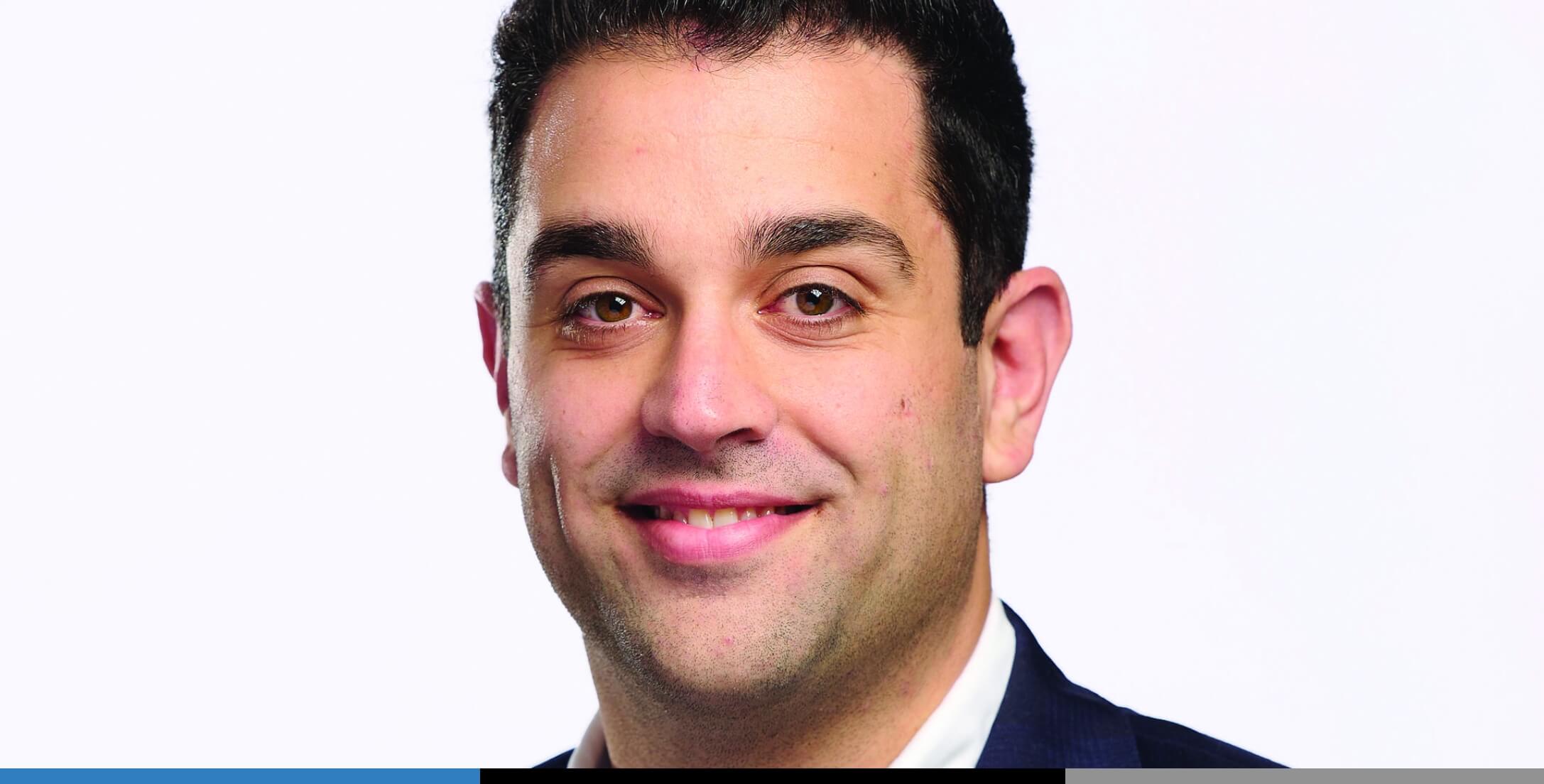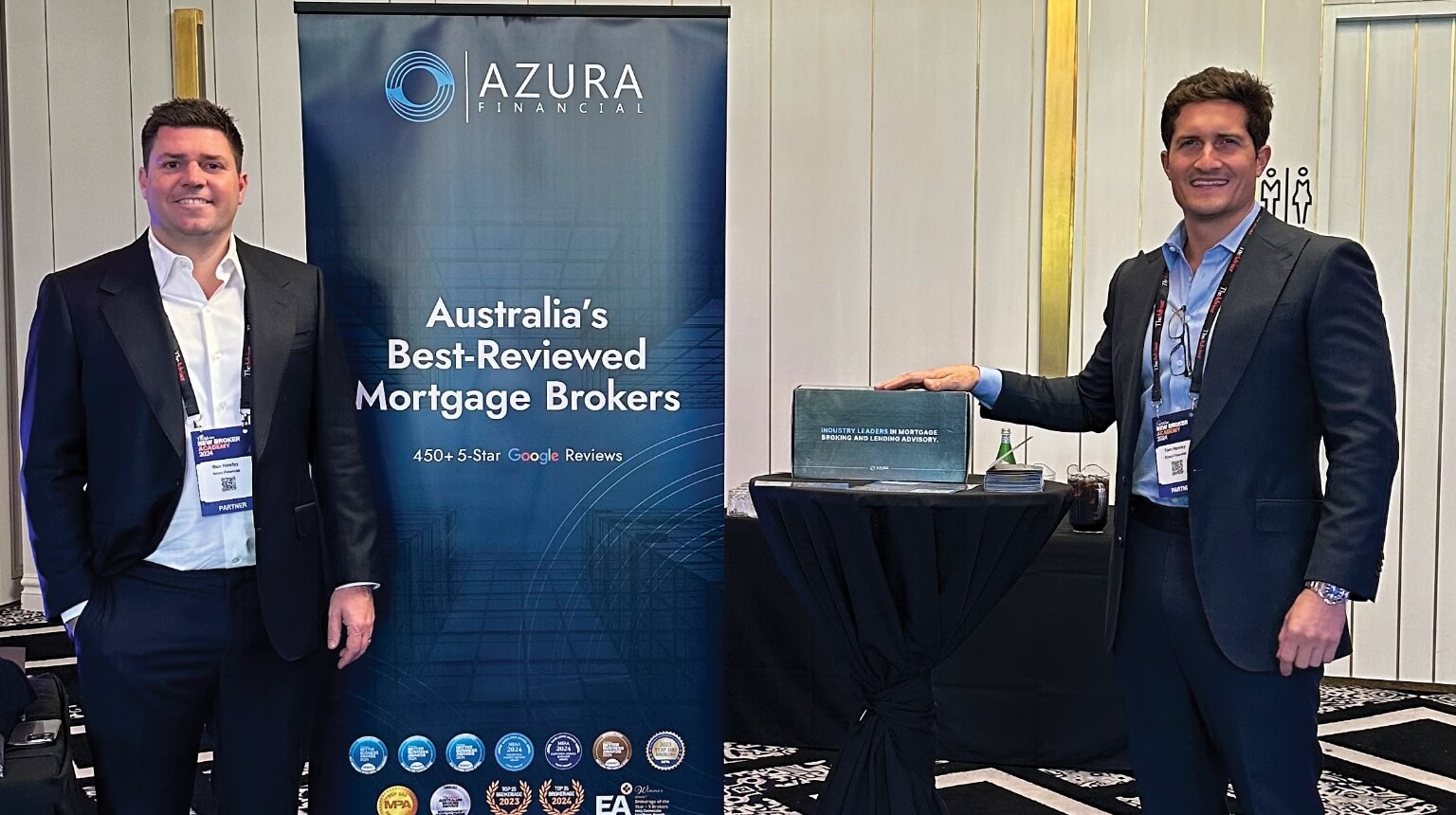Q. How and why did you become a BDM?
I started my finance career as a credit analyst, assessing consumer loan applications and working closely with brokers on deals. Someone suggested I take my skills on the road and become a business development manager (BDM). I saw the move as an opportunity to advance my career, to take on a new challenge.
Before becoming a BDM, I was deeply involved in underwriting deals. I structured deals, got them approved, and analysed financial documents. This hands-on experience gave me a strong foundation in discussing lending solutions with brokers and the credit team.
What I love about being on the road is that no two days are the same, as Bizcap’s approach is to handle each applicant and business individually. This affords me the ability to use every discussion as an opportunity to truly understand different businesses’ needs and support clients in achieving their goals.
Other things I love about being a BDM is Bizcap’s ability to deliver quick results – turning around loans in less than 24 hours – as well as workshopping complex deals that involve multiple lenders and parties. I also enjoy supporting brokers who aren’t well versed in commercial lending and making the process seamless for them.
Q. Why did you join Bizcap?
There is no other lender that works as quickly as Bizcap. I found it exciting to be able to deliver fast results to brokers and their clients. With Bizcap’s focus on delivering positive outcomes, we make a process that’s normally a headache really simple.
What I also found refreshing was Bizcap’s open-minded approach to commercial lending. In consumer finance, where I had worked for 10 years before joining Bizcap, everything is highly structured: clients need to tick numerous boxes to get approved due to warehouse facility funding requirements. However, with Bizcap’s unique approach to credit assessment, the process is much more flexible. Clients might meet some requirements and not others, but we can work around that to get deals across the line.
Since each deal is individualised, we BDMs can collaborate with brokers, finding ways around hurdles and seeking out solutions that ultimately result in obtaining a loan for the client. So if a broker truly believes in a deal and can explain it well, we can take all that information into account and make a judgement call.
Q. How do you work with brokers to ensure good customer outcomes?
To ensure good customer outcomes, we begin by educating our brokers about Bizcap’s products and what we can achieve for their SME clients. Setting the right expectations from the start is crucial. We also provide educational materials to upskill brokers and marketing materials to help them activate their database.
We offer two routes for deal flow. The first is our Tick ‘n’ Flick pathway, where we manage deals on behalf of brokers, connecting clients with experienced loan specialists who are experts in Bizcap’s products and the client’s industry. Our loan specialists ask the right questions and tailor lending solutions to each client’s needs, resulting in high conversion rates. This route allows brokers to feel supported and do more business without needing extensive expertise in SME financing.
Alternatively, brokers can manage the deal themselves. For these brokers, Bizcap has a dedicated broker support team that is available all day every day to answer brokers’ calls, workshop scenarios, follow up on stipulations, provide advice on client conversations, secure approvals, and ensure efficient funding.
Q. What is a common mistake you see in applications that you’d like to fix?
A common mistake in applications is brokers not providing all the information upfront. At Bizcap, we can give conditional offers without running credit checks, so when brokers disclose everything about the customer – including defaults, judgments, hardships, or ATO debt – we can give them a more confident and generous conditional offer that is less likely to change once the client accepts it and we pull credit to finalise the deal.
By being transparent, brokers can avoid setting false expectations and facing delays or rejection later on. Ultimately, being upfront ensures the best outcome for your clients and preserves your reputation.




